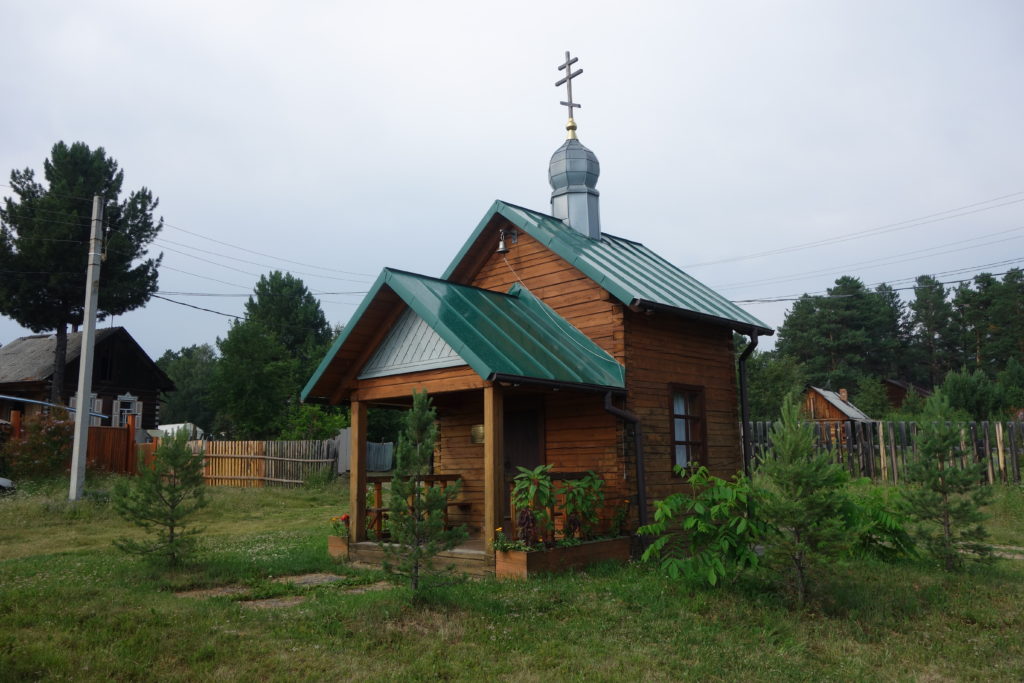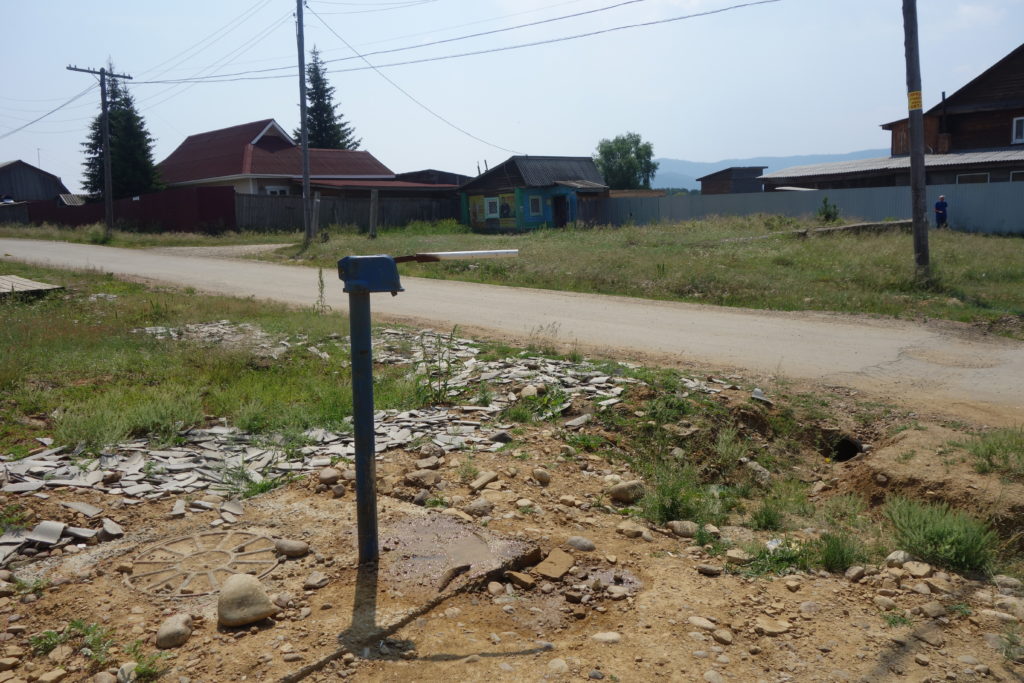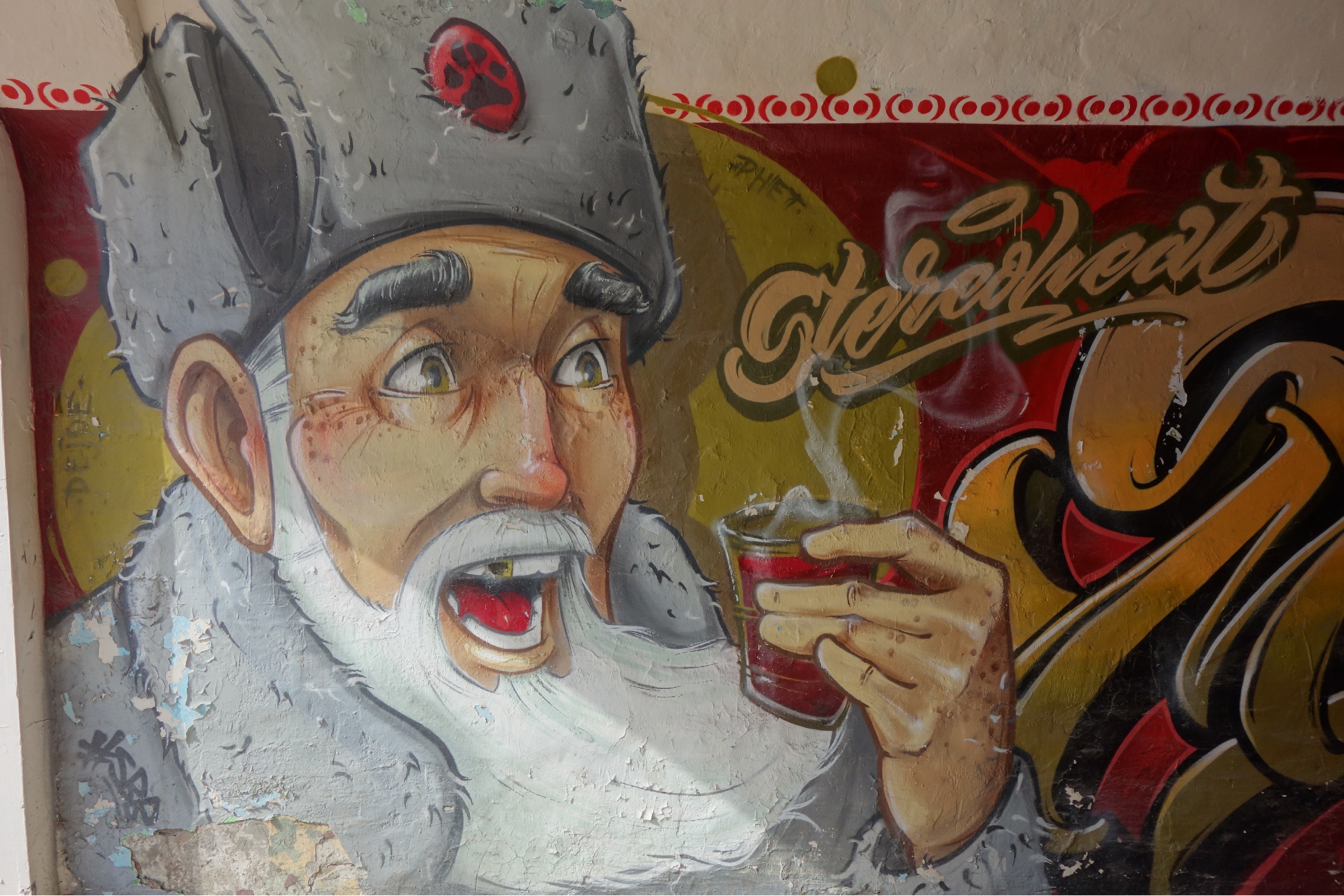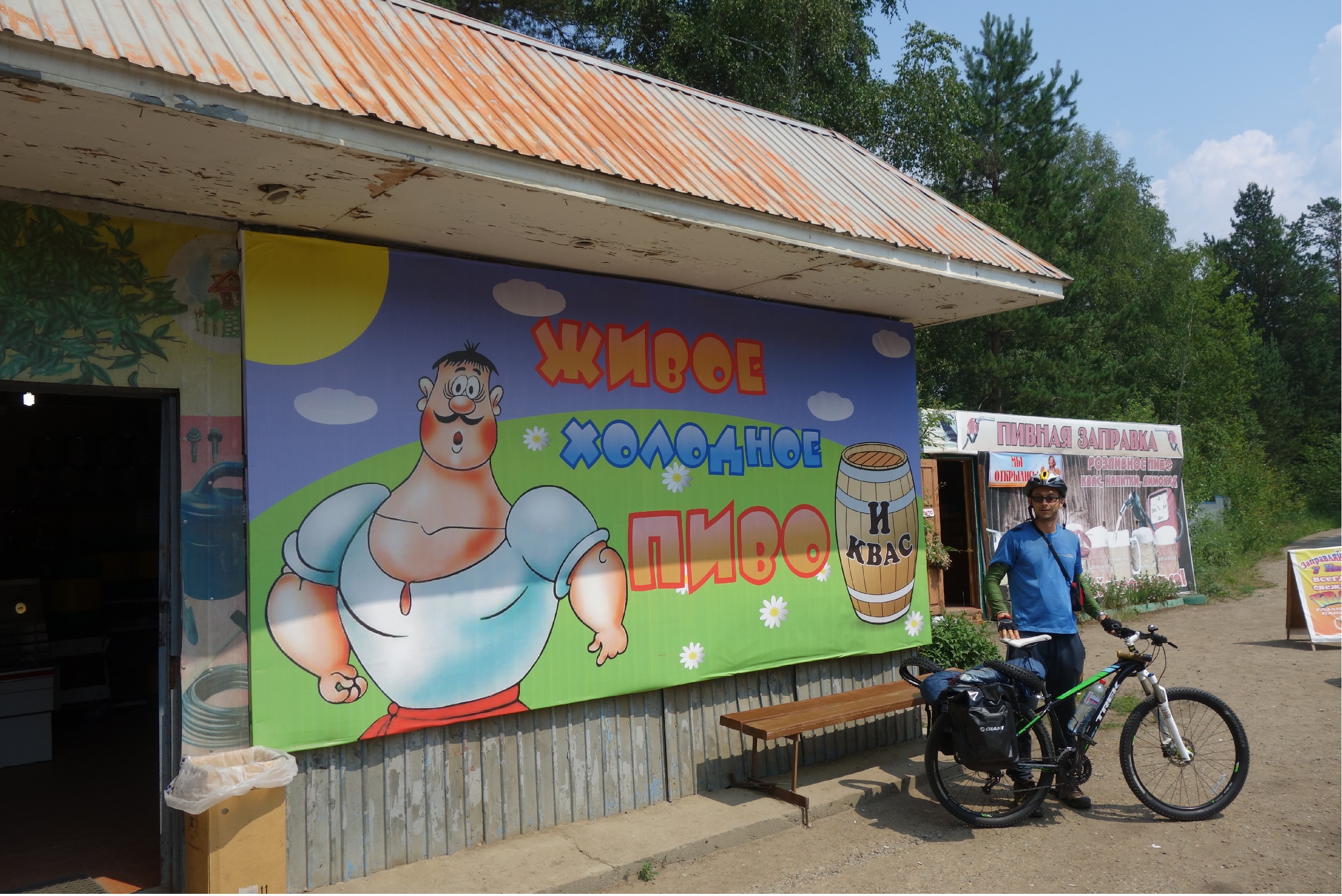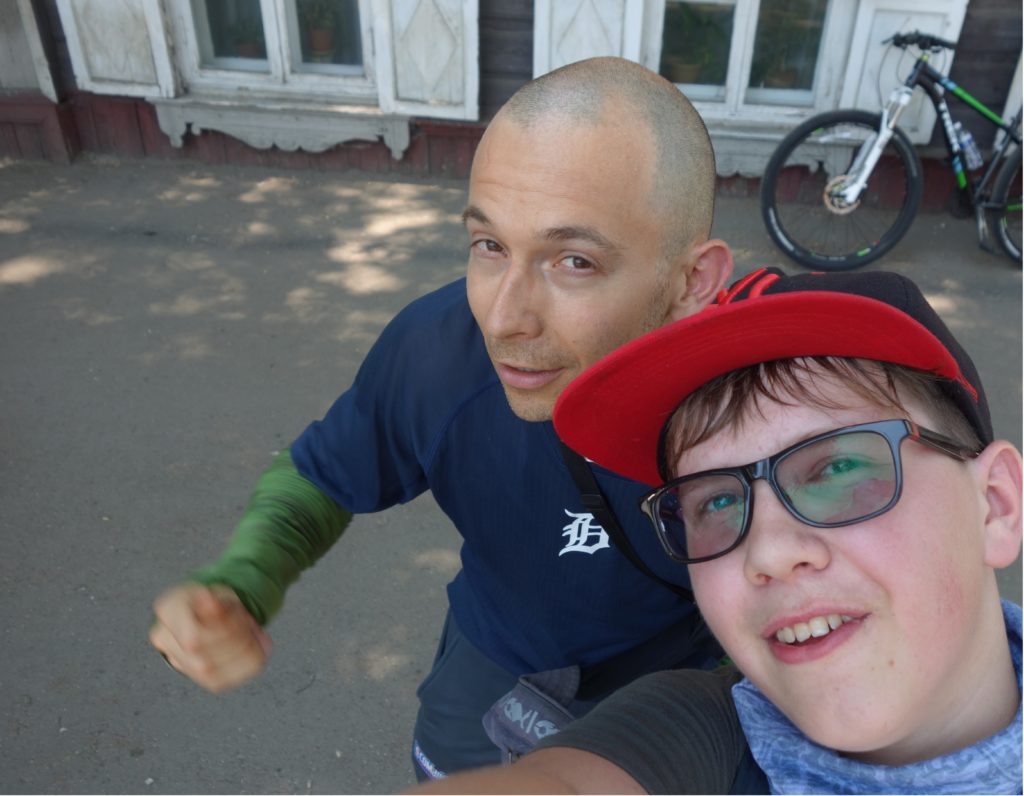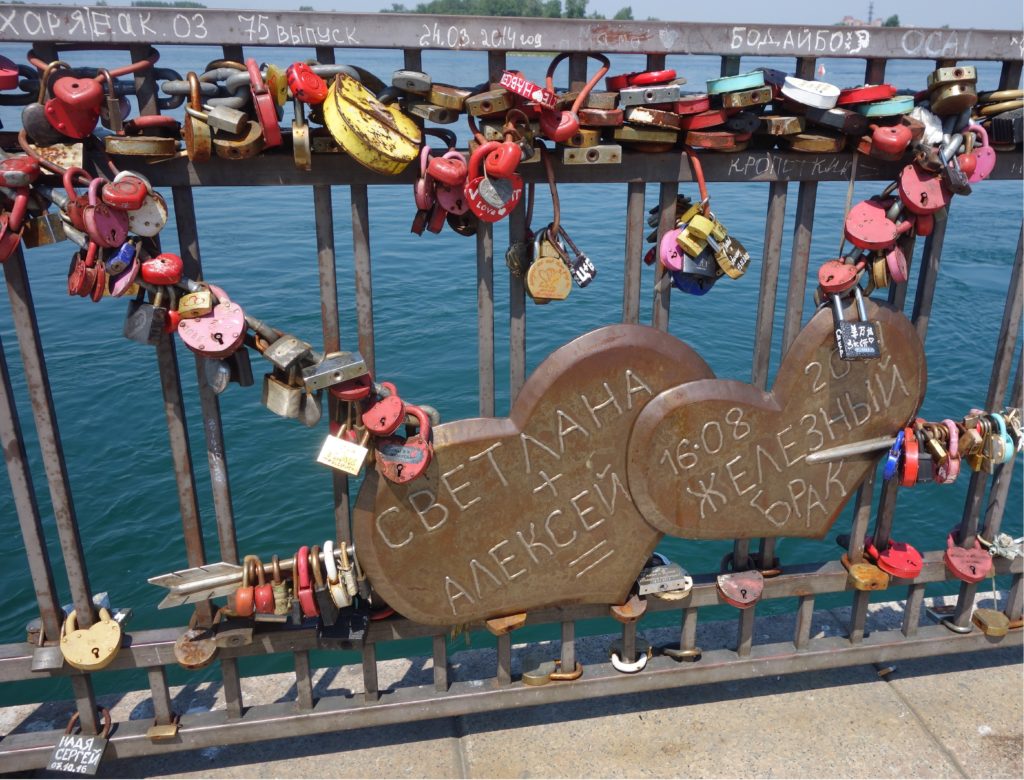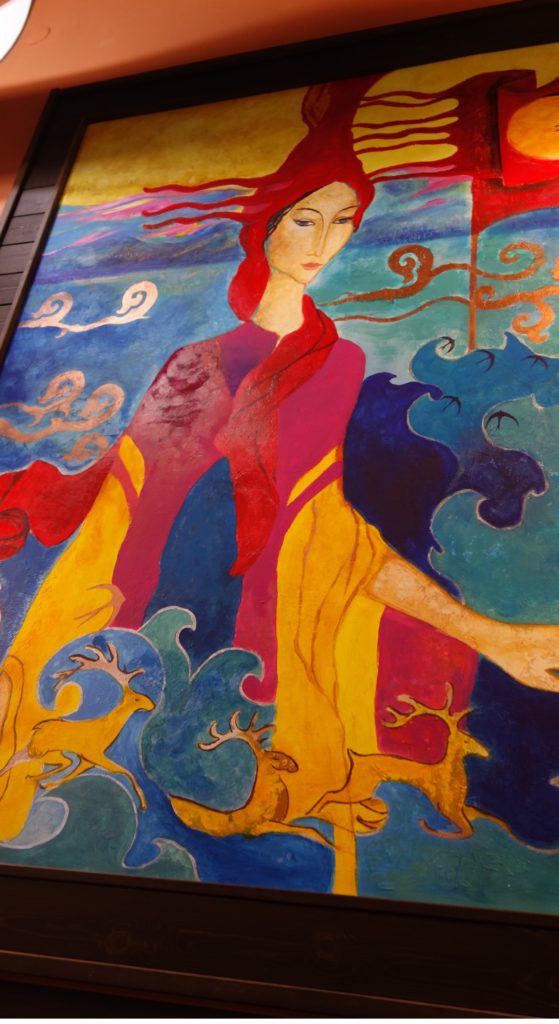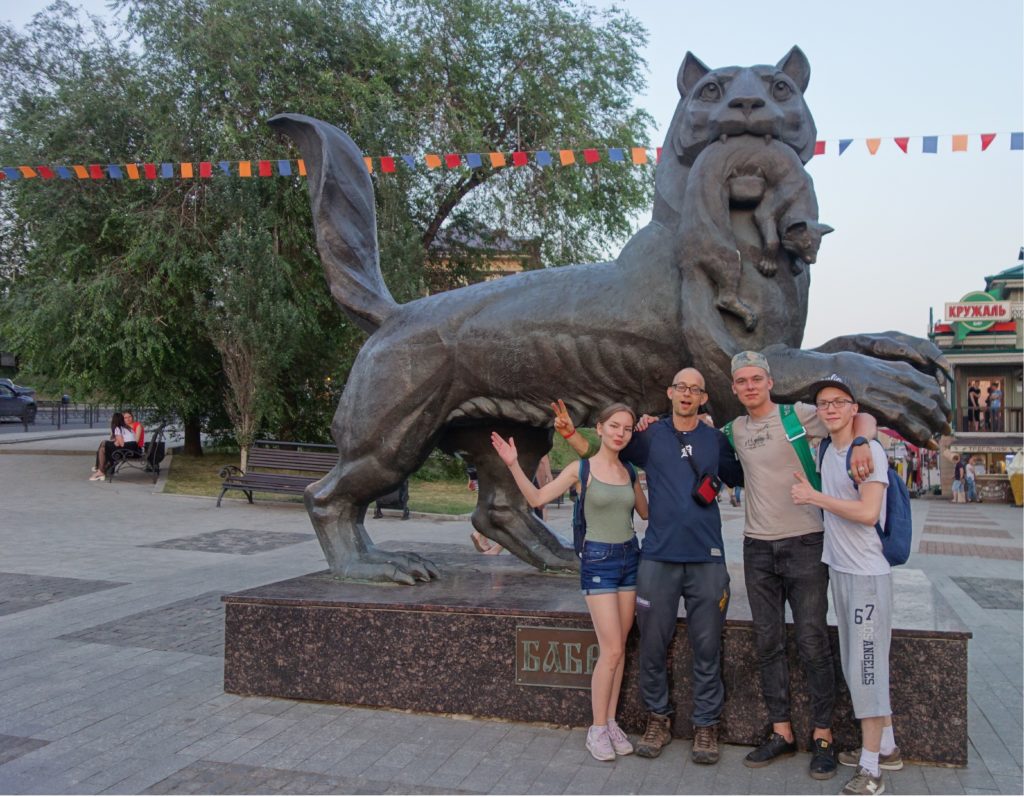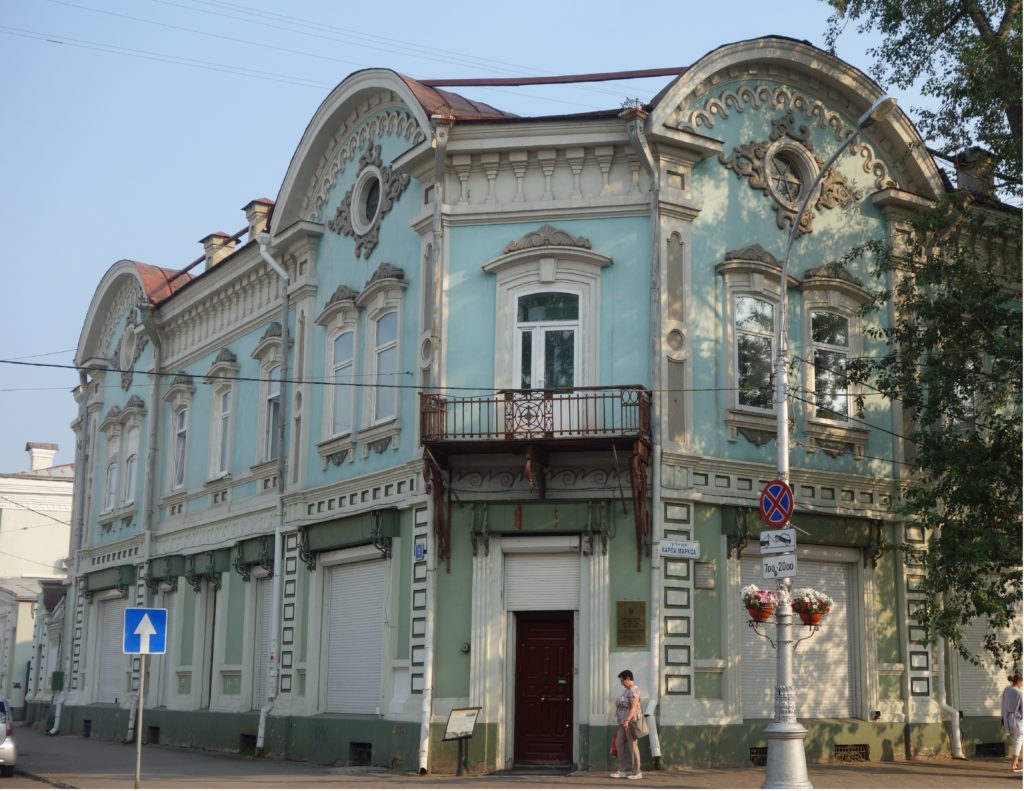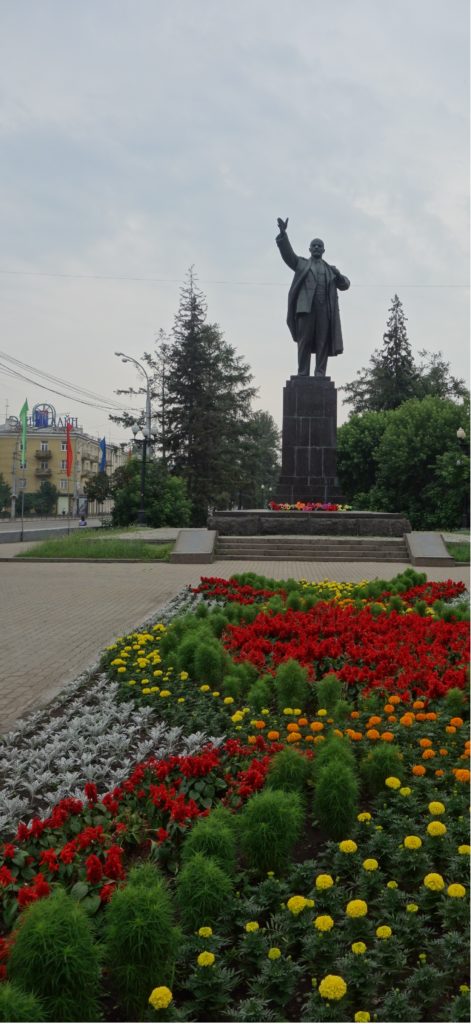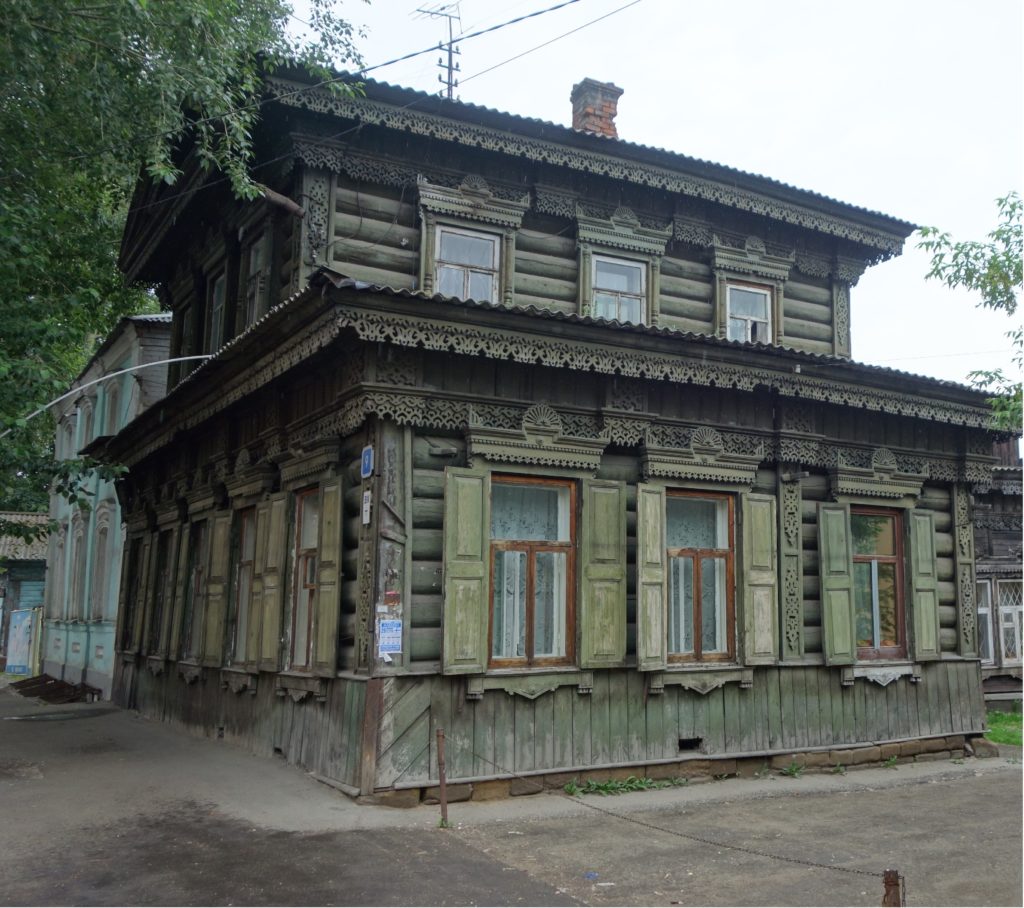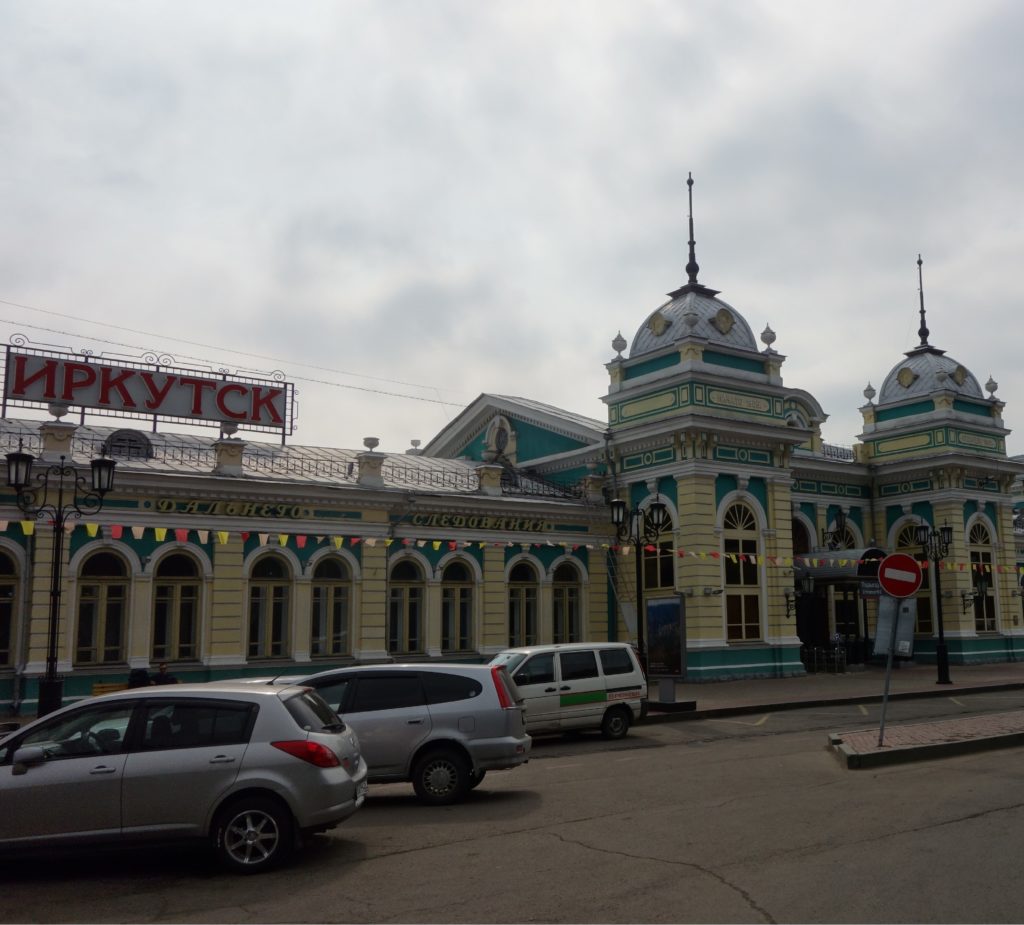People Problems In Siberia

Written by George Balarezo, Intrepid Global Citizen
When on the road I typically carry no electronic devices except for my camera. I opt to leave my South Korean 2G phone at home and go completely off the grid. Of course the need for communication arises occasionally and my third evening in Irkutsk I found myself at an Internet cafe in order to inform my family of my safe arrival in Russia. The cafe manager was a straight forward guy who did not care about anything other than getting his 30 rubles (50 cents) from me. I had absolutely no problem paying him in order to help his business out financially. I tried to make simple conversation with him using my survival Russian skills, but he was not impressed and showed no interest in the North American guy hacking his language into tiny pieces. The scowl on his face said it all. I quickly took my seat and headed to my computer.
A guy named Nikolay sat next to me started talking to me in English. “Contact me if you need anything at all while you are in Irkustk. I am happy to help you,” he offered as he kindly wrote down his phone number. “By the way, have you seen the manager of this Internet cafe?” he asked. I looked around and saw the guy who matter of factly collected my 30 rubles outside working on his car. “There he is outside,” I replied while pointing in the man’s direction.
All of a sudden a volcano eruption started. The manager started shouting in my direction and I had no idea what he was saying. The man was ready to tear my head off. His quick trigger personality and defined shoulder muscles were more than intimidating. Nikolay calmly started to translate. “He said do not ever point at him again. He does not seem to like you very much,” Nikolay said. “Okay. Tell him I did not mean to offend him and I am sorry to hear he is upset,” I said trying to smooth things over. After all, I consider myself to be a cultural ambassador and did not want this man’s anger to get the best of me. The last thing I needed was to get beat up during the first few days of my trip.
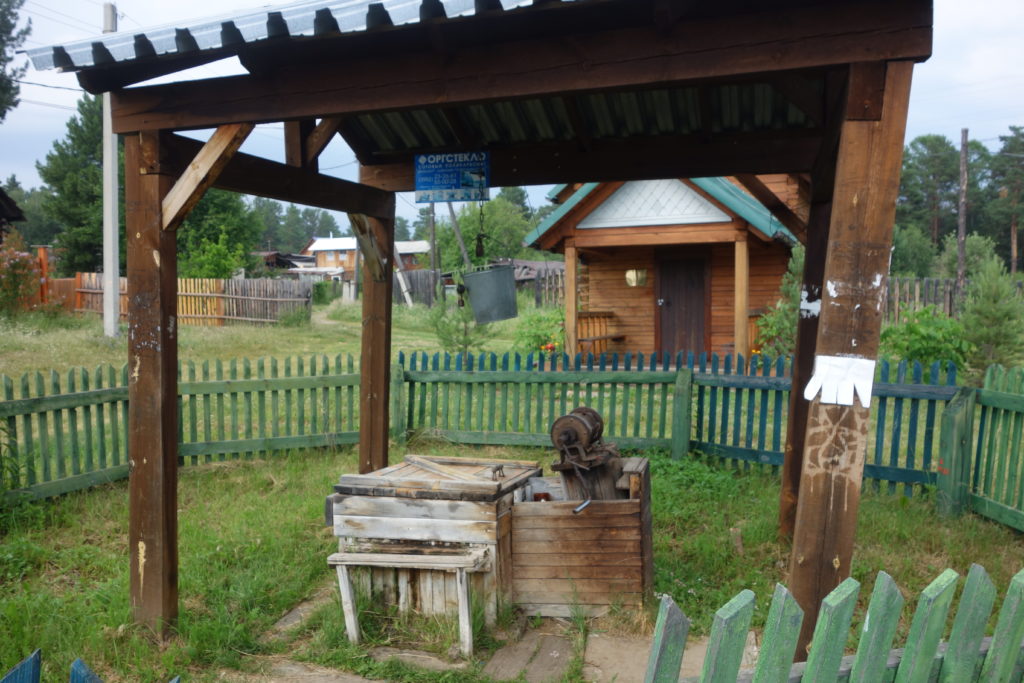
My heart started to pound and I felt like I desperately needed to take action to resolve this dilemma. The man stomped in his cafe and continued to silently fume in anger. I turned to Nickolay and quickly realized I needed his translation skills to quickly smooth this one over. “Tell him I really like his cafe and want to come back again tomorrow. The Internet speed is great and computers are very well maintained. Please write down the address of your cafe in Russian so I can find this place again easily,” I said. Nickolay was happy to help me out and swiftly relayed the message to the cafe owner. The rough attitude and scowl instantly turned to one of neutrality as the man jotted down the cafe address. I knew I had smoothed things over but needed one last translation from Nickolay before leaving. “Thanks to his cafe I was able to contact my friends and family to let them know about Irkutsk’s beauty,” I said. The man finally looked at me in the eyes with the same neutral glare. “Harashow,” he said, meaning “good” in Russian.
I walked out of the cafe that day feeling like I was victorious just for avoiding a potentially necessary violent confrontation. One of my missions for traveling to distant lands is to spread peace with my fellow global citizens. All the best to the cafe owner and hopefully he will find enough inner peace within himself to muster up a smile one day.
Reflection- Seek to Understand Others
This man confirmed all the Russian stereotypes I had etched in my head for so long. Cranky, confrontational and looking for any excuse to fight a guy like me, the Internet cafe owner was not an easy guy to deal with. I was positive I would meet someone who confirmed all of my stereotypes sooner or later. Although my interaction with this man was unpleasant, I decided to use it as a learning experience. There had to be an explanation for his terrible attitude. Why did this negative stereotype exist anyway? I was determined to understand his kind as I was well aware that I would be spending a lot of time in Russia and this was just the beginning of my journey. Certainly I would encounter more unhelpful, cranky people along the way and this man’s actions served as the motivational driving force behind my curiosity and thirst for deeper understanding.
Why are Russian people known for their frowns and not their smiles? I decided to dig into this topic and stumbled into a research article in the Journal of Nonverbal Behavior by Polish psychologist Kuba Krys whose work focuses on a concept called uncertainty avoidance, which describes a culture’s tolerance for ambiguity and uncertainty. Cultures that are low on this scale have few safety nets, unstable health care and courts. Accordingly, people in these countries may view their future as uncontrollable or unstable. To test her hypothesis, Krys had people from 44 different countries rate smiling and frowning faces using criterion such as intelligence and honesty. According to Krys’ research, as societies become more corrupt or unstable, it becomes harder to decipher peoples’ true intentions- people could be trying to trick you or else they could be displaying a warm, kind gesture. Therefore, a smile may be regarded as a confident signal of hostility, duplicity or ignorance in low uncertainty avoidance scoring countries.
It is also worth noting that there have been other studies done, which concluded that correlations exist between how hierarchical or masculine a society is and the likelihood to greet others with a smile. Also, some cultures do not value happiness as highly as others, which can aid to further explain why it is hard for some to break into a grin.
In Russia’s case, taking a good look at history may provide further explanation. Untold millions of people died during the Soviet Union during the 20th century due to war, starvation and imprisonment in Gulags, which may all be contributing factors to a rather somber national mood.
In the winter it gets down to negative 40 Celsius, temperatures so frigid that one’s limbs can fall off due to frost bite and the sun makes its appearance for only a few hours during most of the year.
I remembered my days working in Detroit during the winter. The sun would finally make its appearance when it was time for me to head into the office until 5 or 6PM. It was often very dark by the time I went home for the day. Staring at a computer all day long combined with a shortage of sunlight severely effected my mood. Depression set in and the only way I was able to overcome my negativity was through vigorous exercise, which I did religiously during my dreary years at the Detroit office. If not for my exercise routine and social connections I had during that time in my life, I probably would have been ready to tear someone’s cranium right off their spine, just like the Russian man I met in Irkutsk.
All of the above reasons could be an incorrect logical explanation for the behavior I witnesses that day in Irkutsk. I only spent a few weeks in Russia and admit it is nearly impossible to understand the national psyche during such a short visit. Anyway, it is always better to pause and seek to understand others more deeply before jumping to conclusions.
